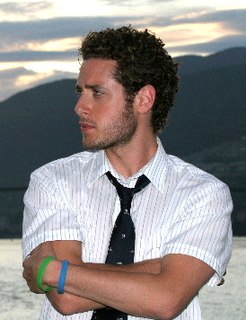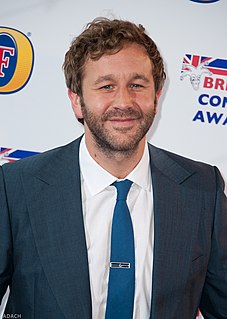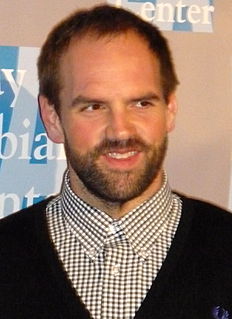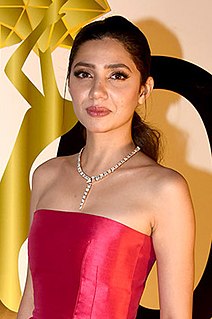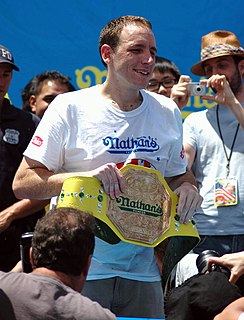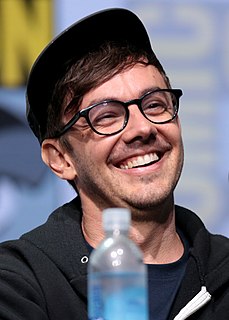A Quote by Caitlin Moran
My parents were hippies. I'm the eldest of eight children.
Related Quotes
Modern children were considerably less innocent than parents and the larger society supposed, and postmodern children are less competent than their parents and the society as a whole would like to believe. . . . The perception of childhood competence has shifted much of the responsibility for child protection and security from parents and society to children themselves.
What parents said they valued most were discussions with teachers and heads, and what they wanted was more descriptive information in their children's school reports. This is particularly true for primary schools. Parents wanted to know much more than just how their children were doing academically.
Let's not forget: This all began when you had eight- and nine-year-old children writing graffiti on walls. Their parents were told: "You will never see them again. If you want to have children, go to your wife and make new ones." [Bashar] Assad's people rebelled. He crushed them brutally. But his military could not protect him. So he asked the Iranians to come in and help.


